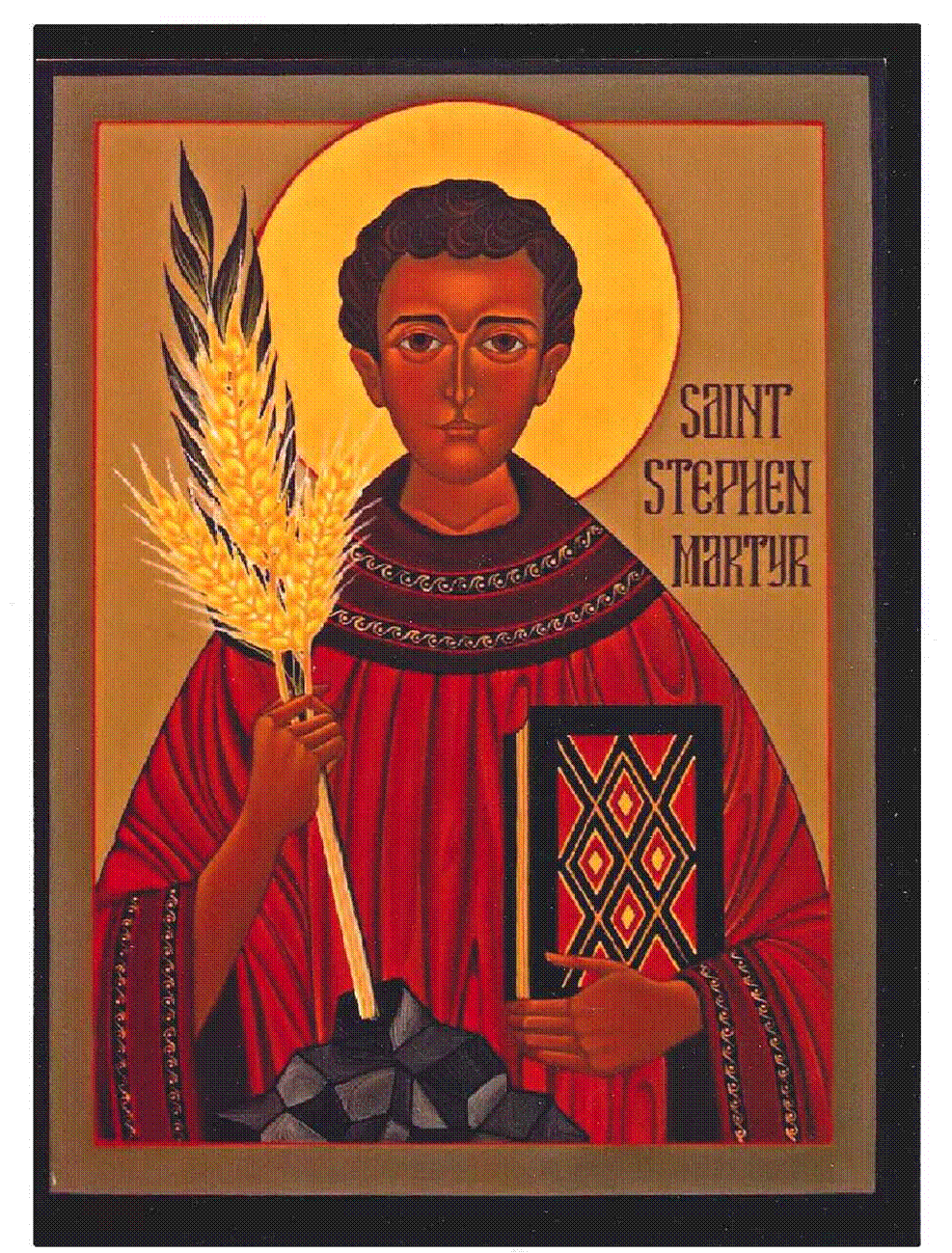Signs of Grace
- The Rev. Mark Walters
- Jan 29, 2020
- 2 min read

My mind snags caught on a poem by Jane Hirshfield:
Anywhere You Look
in the corner of a high rain gutter
under the roof tiles
new grasses’ delicate seed heads
what war, they say
I know the poet well enough to be certain that she does not mean to diminish the destruction and horror and injustice and pain that one experiences living in a war zone – any war zone. Rather, she is reminding us that even in such a place, when one is attentive one can recognize signs of grace and newness of life.
Think of the sidewalks in the neighborhood around St. Stephen’s church: where they’re not fastidiously maintained, they buckle and crack because of grass and tree roots that insist on growing up between the sections of concrete. I saw a photo the other day that showed the train station of downtown Detroit, which, because it’s not yet been slated for demolition, was being presented as a sign of hope for that city’s renewal. But what I noticed was the weeds that had grown around it; and it’s the weeds, quite frankly, that presented a sign of hope as much as the prospect of redevelopment for the train station: because weeds are creatures that grow when nothing else seems to be able to (I don’t know if this is exactly “good news” for those of us who are gardeners!).
I’ve been thinking a lot in the last few weeks of a sermon that Martin Luther preached in 1525, on Jesus’ encounter with the Syrophoenician woman. You might remember the story: she is a foreigner; but she has heard of the healing power of Jesus, and her daughter is possessed by a demon, so she approaches him with a request. Jesus dismisses her cruelly: “Is it right to give a dog bread that’s intended for the children?” But she responds, “Yes, Lord; but even the dogs eat crumbs that fall from the table.” To which Jesus responds, “Great is your faith. May it happen as you wish.” Luther says of this, “beneath and beyond the ‘no’, God’s deep, secret ‘yes’.”
Bread crumbs that fall from the table, giving the dogs something to eat. Weeds growing around an abandoned urban building. New grass growing in the rubble of a war zone.
It’s vital that we not romanticize war or poverty or any of the so many ways we find ourselves, even at our best, in collusion with what some recognize as the “ideological totalism” of the world we live in. And yet, may we have faith given by God to recognize even a hint of beauty and goodness in the worst of times and places: because that is how the “ideological totalism” that leads to war and oppression and urban decay and seems to be the only thing that is real, that pretends that “there is not enough for the dogs”, begins to crack under the pressure of grace and newness; that is how we find, “beneath and beyond the ‘no’, God’s deep, secret ‘yes’.”
The Rev. Allen Heggen















